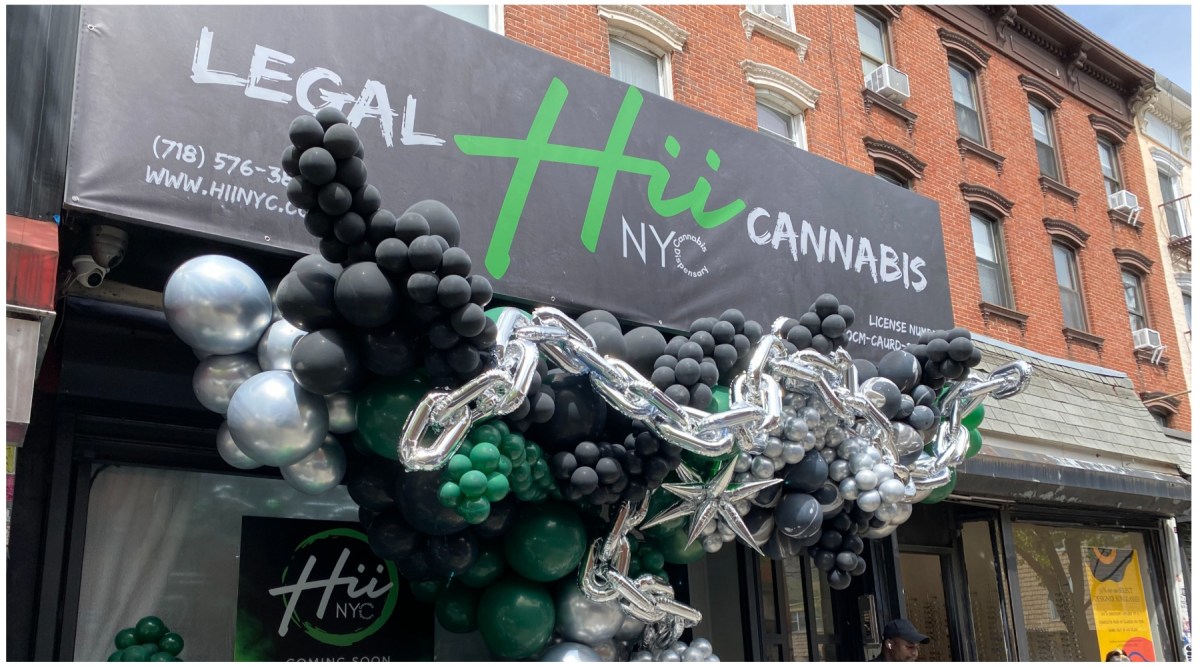It was a hazing ritual called Glass Ceiling, and it left one Baruch College freshman unconscious with what proved to be a fatal head injury.
Now, nearly two years after Michael Deng died during the hazing in the Poconos, prosecutors in Pennsylvania say they will charge five fraternity brothers with third-degree murder.
Authorities announced Monday that a Monroe County grand jury had recommended the charges against the Pi Delta Psi fraternity members.
Each of the brothers could face up to 20 years in prison for his role in the 2013 hazing death of Deng, 19, whose given name was Chun Hsien.
Monroe County District Attorney E. David Christine told The New York Times that his office believed the grand jury recommendations were “sound and worthy of action.”
Dang died Dec. 9, 2013, after the hazing ritual that demanded that he carry a backpack weighted with sand while blindfolded through a frozen yard as the fraternity brothers repeatedly knocked him over, authorities said. The fraternity brothers allegedly waited more than an hour after Deng was knocked unconscious to seek medical attention.
Deng’s family released a statement Monday saying it was also pursuing a wrongful death case against the fraternity.
Baruch College banned Pi Delta Psi from its campus after the incident and instituted a moratorium on all pledging activities of fraternities and sororities. The school said it also brought disciplinary proceedings against all of the students involved after an internal judicial review, except for two students who withdrew.
“We owe it to Michael and his family to hold accountable those who were responsible for the senseless death of this promising young man,” said Baruch President Mitchel B. Wallerstein in a statement.
Pi Delta Psi Fraternity Inc. revoked and terminated its affiliation with the Baruch College “colony,” the organization announced days after Deng’s death on Dec. 16, 2013. In a statement at the time, Andy C. Meng, the national executive president, said that the Baruch colony had “violated the values and rules of our organization, including our strict no hazing policy.”

















